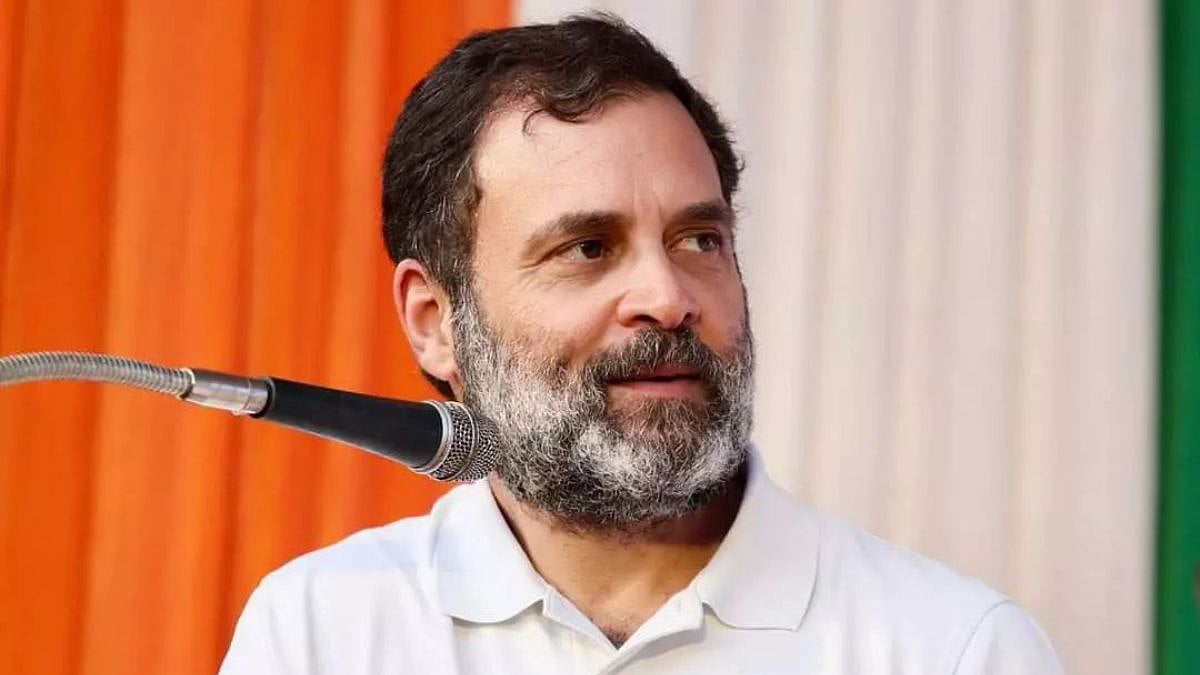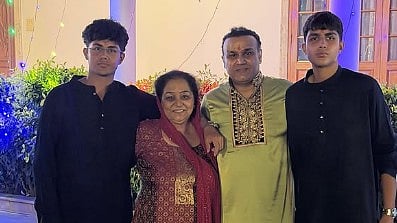Former Congress president Rahul Gandhi has moved the Patna High Court, seeking to quash the summons issued by a Patna court in a defamation case filed by BJP leader Sushil Kumar Modi. The case pertains to Gandhi’s alleged ‘Modi surname remark’ made in 2019.
The case background
The Patna case dates back to April 2019, when Sushil Kumar Modi filed a criminal defamation complaint against Gandhi for reportedly saying: “Nirav Modi, Lalit Modi, Narendra Modi. How come all the thieves have 'Modi' as a common surname?" Gandhi surrendered in the Patna MLA/MLC court and was granted bail in July 2019.
In March 2021, a court in Surat sentenced Gandhi to two years in jail under IPC Sections 499 (defamation) and 500 (punishment for defamation) in another defamation case filed by a BJP leader.
Gandhi was then granted bail to enable him to move an appeal against his conviction within 30 days. The very next day, Gandhi was disqualified from the Lok Sabha as an MP and asked to vacate his government-allotted bungalow.
What is the latest development in the case?
Seven days after the Surat court’s decision, the Patna court summoned Gandhi to appear before it on 12 April over the same remark. However, Gandhi did not appear on the given date and his lawyer requested for more time. The court then asked him to appear physically before it on 25 April.
Gandhi has now moved the High Court against these summons on the grounds that this case leads to what is legally called “double jeopardy", a Quint report stated.
What is double jeopardy?
Double jeopardy is a legal principle that prevents an accused person from being tried again on the same or similar charges and on the same facts, following a valid acquittal or conviction. This principle is enshrined in Article 20(2) of the Constitution of India.
Gandhi’s plea before the High Court
According to the report, Gandhi has argued that the summons issued by the Patna court in the defamation case violates his fundamental rights and is contrary to the law laid down by the Supreme Court. He has also stated that the case falls under the principle of double jeopardy as he has already been convicted in a similar case filed by a BJP leader in Surat.













